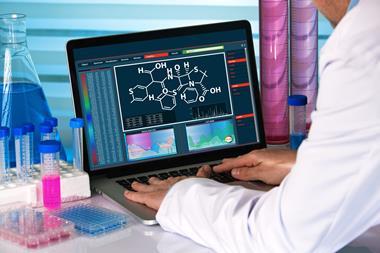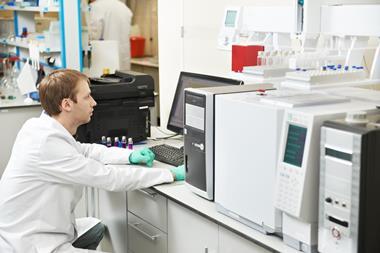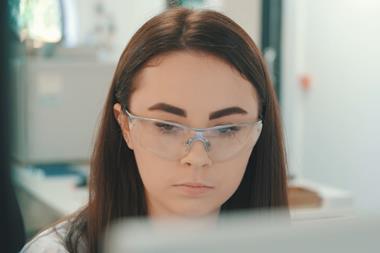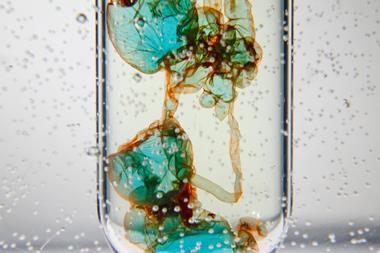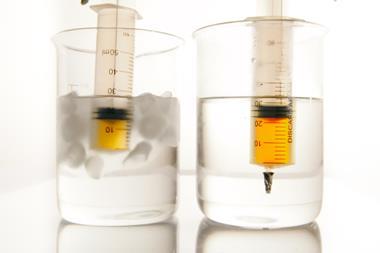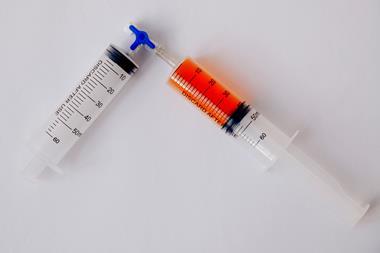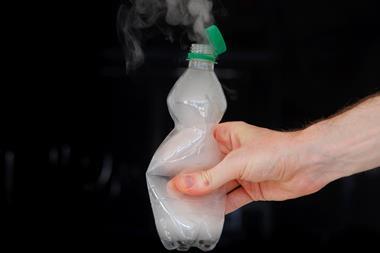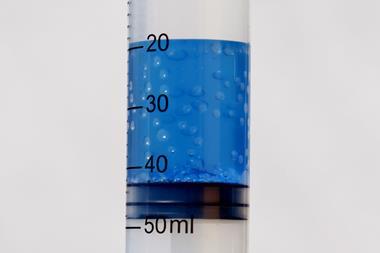Everything you need to know
-
- Salary range: Over 40k
- Minimum qualifications: PhD in related discipline usually required for advanced research roles or academic positions
- Skills required: Technical skills, toxicological and regulatory knowledge, communication
- Training required: Practical experience in toxicological testing and regulatory frameworks.
- Work–life balance: Good
- Locations: Find related work experience positions using our map of employers.
More profiles like Vicki's
Vicki is a professor of nanotoxicology. She explains what nanotoxicology is.
Nanomaterials are very small. A nanometre is one-millionth of a millimetre- approximately 100,000 times smaller than the diameter of a human hair.
Nanotoxicology is the study of nanomaterials and how they behave in the body, the responses that they induce. That’s important because nanomaterials behave differently to larger substances and chemicals that we’ve studied in the past. When you make a nanomaterial which is below one hundred nanometres in size it’s difficult to predict its biological reactivity because it’s physical and chemical characteristics change.
Nanomaterials are being used for almost every type of application that you can think of from medicine, herbal remedies that you can buy off the internet to clothing to cosmetics, healthcare products, electronics, all kinds of things so the potential for exposure to these for humans over time is increasing.
People have been studying the toxicology of engineered nanomaterials intensively for about the last ten years and we are starting to gather a body of data that tells us the relationship between different properties of the nanomaterials and their potential toxic effects.
When I went to university I studied physiology which is about the biology of the human body, how all the different systems in the body work and how they can go wrong. I was really interested in studying the differences between disease, health and disease mechanisms.
Lots of people rely on the type of work that we do. Industry, for example, can make decisions about which nanomaterials to use in which types of products based on the information we generate. They give us the nanomaterials as they’re freshly made. They modify them, incorporate them into a product. We test their toxicity in all of those different stages so industry can use that information to help them make decisions about what they’re going to do and how they are going to do it in future.
There is a shortage of toxicologists in the UK and in the rest of the world so there are plenty of good job opportunities. One of the most exciting aspects of working in toxicology and in science is the ability to travel, meet people and hear different people’s opinions, look at how different people are working but also where they live. I’ve traveled all around the world as part of my career and met amazing people, visited amazing places. It’s been a fantastic opportunity.








